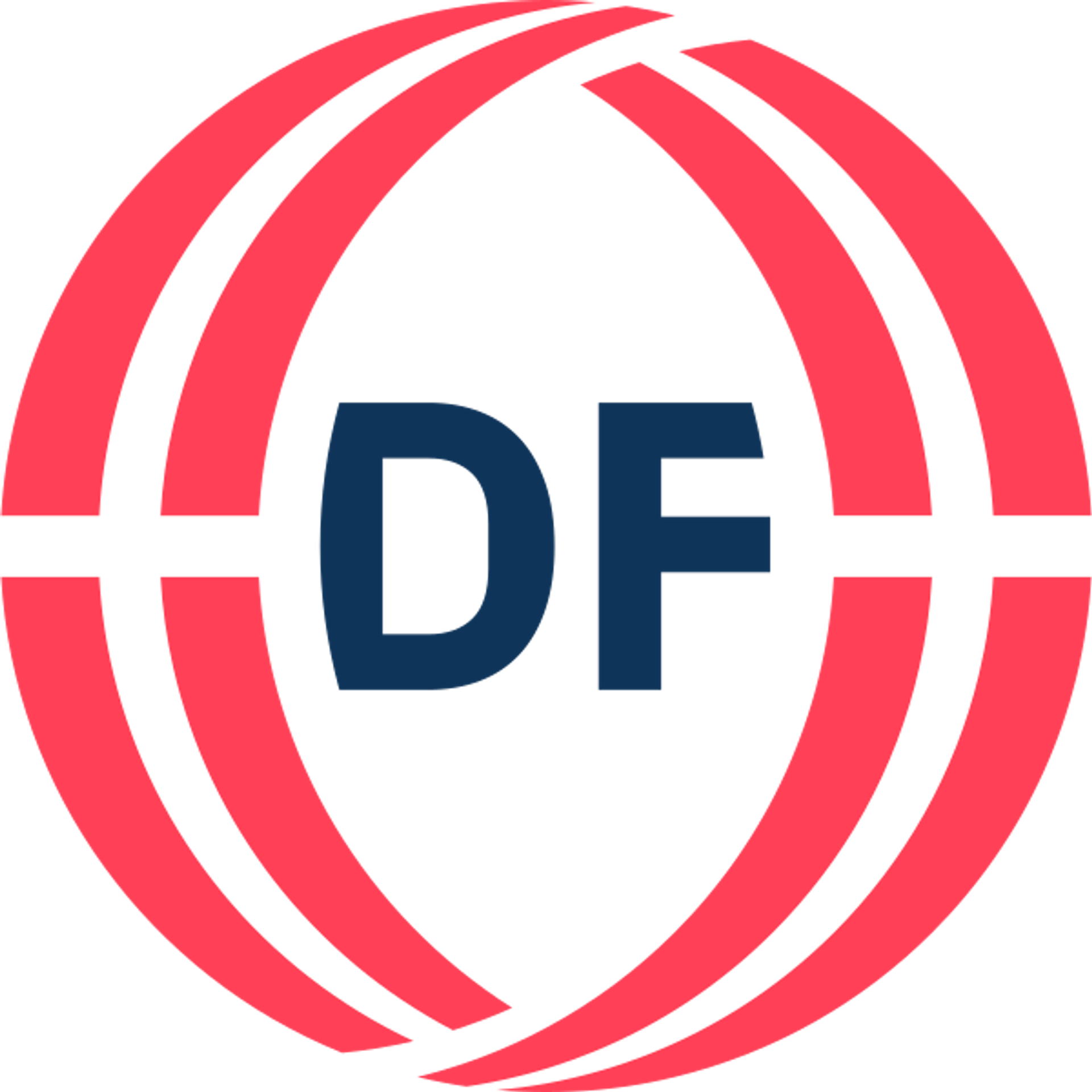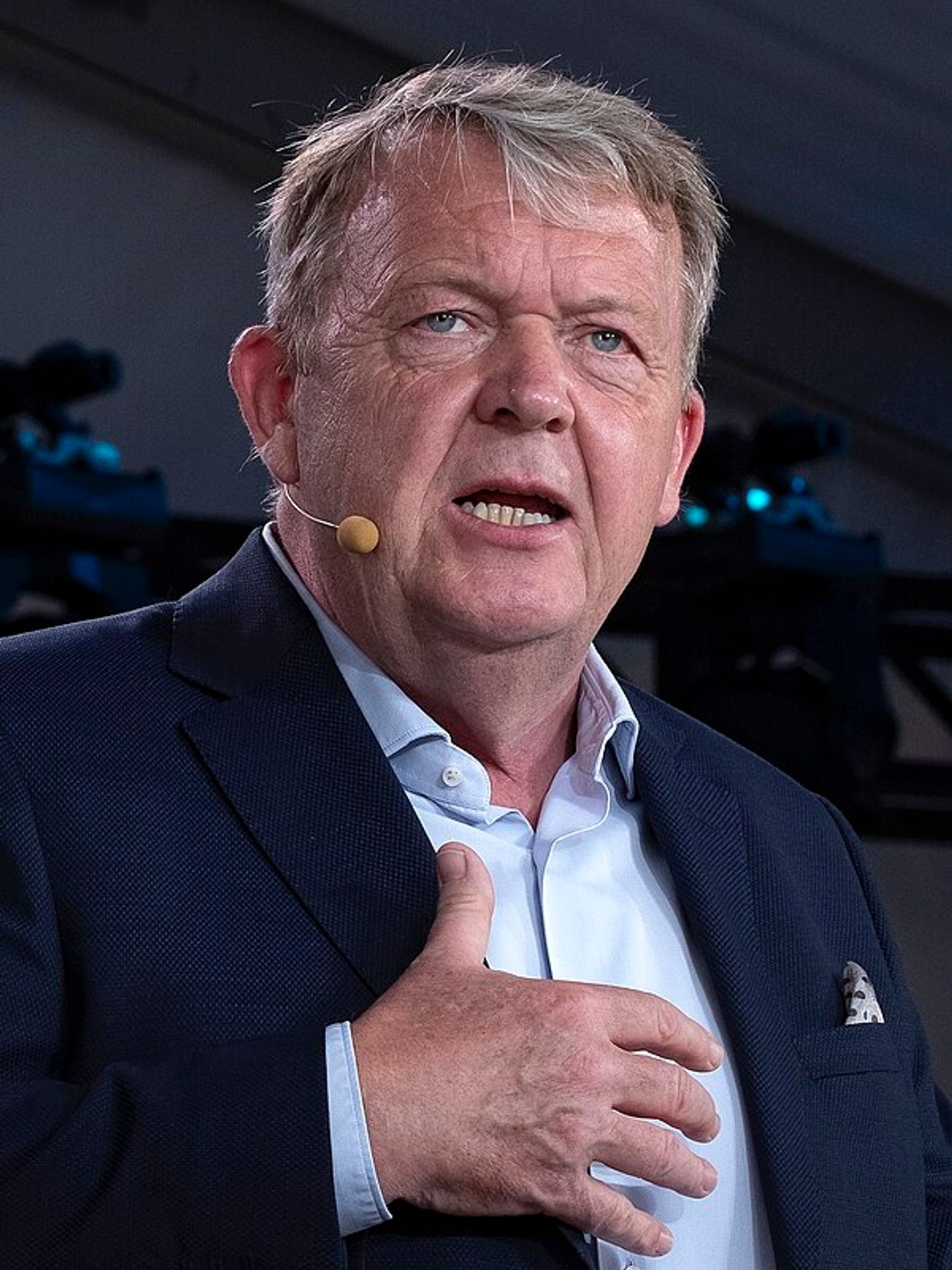
Alternative for Germany
What do people say about Alternative for Germany?
In Denmark, the perception of the Alternative for Germany is overwhelmingly negative, characterized by strong associations with far-right extremism and nationalist rhetoric. The party's views are often regarded as dangerous and out of touch with contemporary European values, leading to widespread condemnation from political opponents and civil society. Despite some attempts at mainstreaming its message, the party's historical ties to xenophobia and anti-immigrant sentiment continue to overshadow any perceived legitimacy. As such, the discourse surrounding the party is largely critical, with few positive representations in the media or public debates.
Where are the conversations happening?
Analysis of various media channels indicates a consistent portrayal of the Alternative for Germany as a threat to social cohesion and democratic values. Major Danish media outlets emphasize the party's extremist roots and its divisive impact on society. The most critical discussions occur in opinion pieces and political analyses, particularly in major newspapers like Politiken and Berlingske, which frequently highlight the dangers of populism and far-right politics.
What are the topics trending around Alternative for Germany?
Discussions around nationalism, immigration policies, and far-right extremism are trending topics related to the Alternative for Germany, reflecting broader concerns in Europe.
Why are these topics trending?
These trending topics emerge from the rising influence of far-right parties across Europe, leading to heightened scrutiny of their ideologies and policies, particularly in relation to immigration and national identity.
How is Alternative for Germany being talked about?
Detailed breakdown of public sentiment and conversations about this entity.
Impact vs Sentiment
See how each entity's high impact percentage relates to their positive sentiment percentage from actual mentions.




